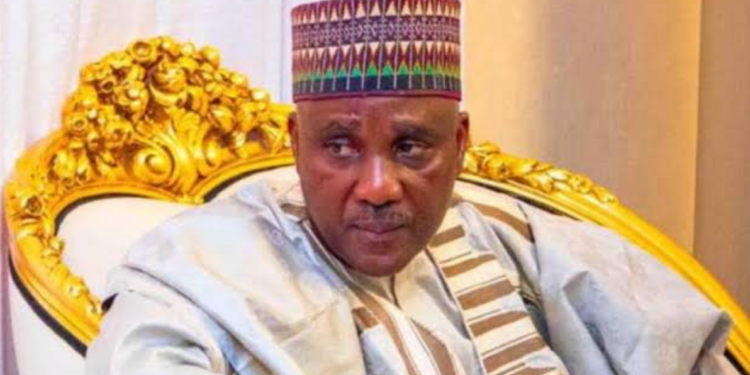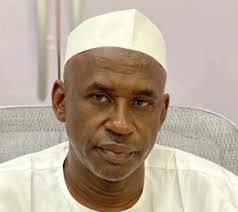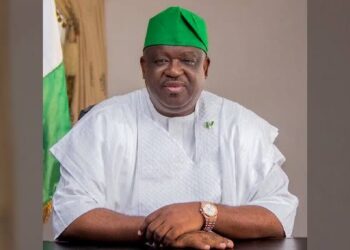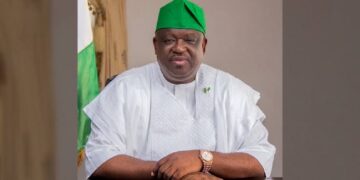In his 64th Independence Anniversary broadcast, President Bola Ahmed Tinubu announced the conferment of national honors on key leaders in the Nigerian government.
Among those honored was the Speaker of the House of Representatives, Tajudeen Abbas, who was granted the title of Commander of the Federal Republic (CFR), while the Deputy Senate President, Barau Jibrin, also received the same title.
However, this decision sparked dissatisfaction within the House of Representatives, which felt that Abbas deserved a higher honor, similar to the Grand Commander of the Order of the Niger (GCON) bestowed upon Senate President Godswill Akpabio and Chief Justice of Nigeria, Justice Kudirat Kekere-Ekun.
Lawmakers from the House of Representatives expressed their discontent, emphasizing that both chambers of the National Assembly—the Senate and the House of Representatives—are equal in status.
They argued that referring to the House of Representatives as the “lower chamber” was inappropriate and diminished the significance of their contributions.
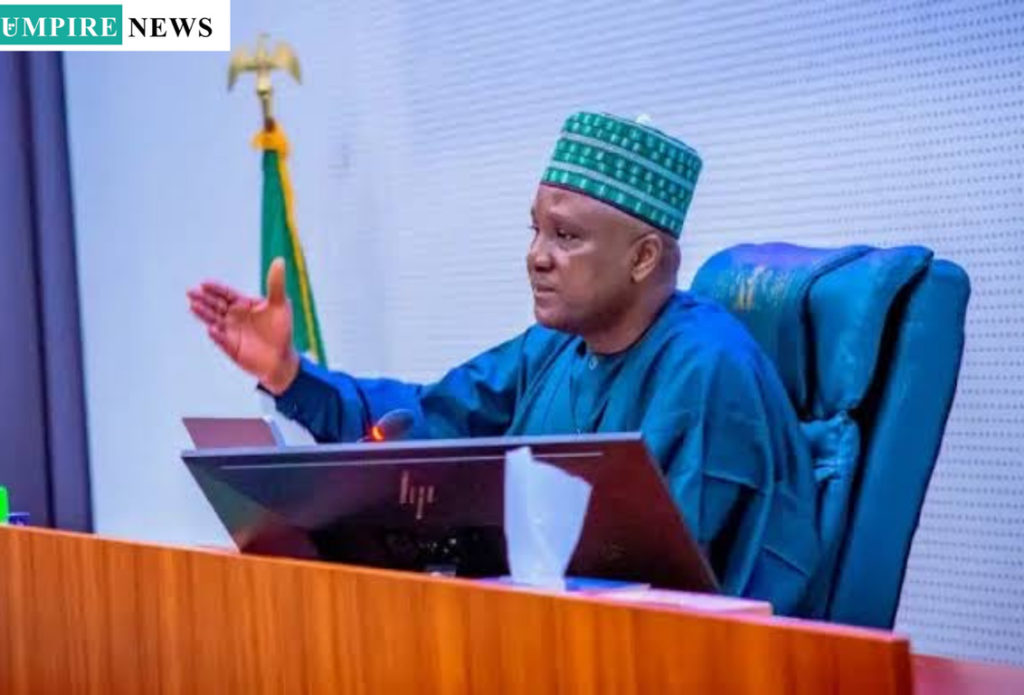
The House demanded that Speaker Abbas be accorded the same level of recognition as the Senate President, given their equivalent roles in the legislative process.
In response to the House’s concerns, President Tinubu took action just days after his initial announcement.
In a revised decision, he conferred the prestigious GCON title on Speaker Tajudeen Abbas, thus elevating his recognition to the nation’s second-highest national honor.
The Special Adviser to the President on Information and Strategy, Bayo Onanuga, released a statement confirming this development.
According to Onanuga, “President Bola Ahmed Tinubu has conferred the nation’s second highest national honour, the Grand Commander of the Order of the Niger, on the Speaker of the House of Representatives, Tajudeen Abbas.”
He further explained that the President was “persuaded by the House of Representatives’ position and has decided to remedy the historical error and oversight.”
This upgrade in honor was seen as a response to the demand for parity between the Senate and the House of Representatives.
Onanuga emphasized that Tinubu’s decision was made “in accordance with the National Order of Precedence,” acknowledging the need to ensure that the leaders of both chambers receive equal recognition for their roles in the governance of Nigeria.
The Speaker, alongside Senate President Godswill Akpabio, other principal officers of the National Assembly, and Chief Justice Kudirat Kekere-Ekun, will be formally decorated with their new honors in an official ceremony that is yet to be scheduled, Onanuga noted.
The issue of disparity in the recognition of the two legislative chambers has generated widespread debate.
In the wake of the House of Representatives’ demand for clarity, the Presidency sought to dispel rumors of a rift between the Senate and the House.
The Special Adviser to the President on Senate Matters, Basheer Lado, issued a statement reaffirming the harmonious working relationship between both chambers of the National Assembly.
Lado stated, “I wish to reiterate President Bola Ahmed Tinubu’s commitment to a harmonious working relationship with the National Assembly, given that cooperation between both arms of government is essential to achieving Nigeria’s development objectives.”
Lado also clarified that the House of Representatives did not reject the honor originally conferred on Speaker Abbas.
Instead, they had simply sought clarification on the proper order of precedence for national honors.
“It is noteworthy that the House did not reject the honour conferred on the Speaker but rather sought clarification on the National Order of Precedence,” Lado said, reinforcing the idea that the issue was resolved amicably.
This development demonstrates the importance of maintaining a balanced relationship between the two chambers of the National Assembly, both of which play crucial roles in shaping the legislative agenda of the country.
By upgrading the Speaker’s honor to GCON, President Tinubu not only acknowledged the House of Representatives’ concerns but also ensured that the nation’s top legislative leaders were recognized with equal distinction, reflecting their vital contributions to Nigeria’s governance.


